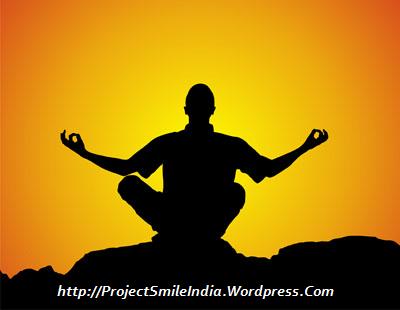
Delhi Chief Mnister Sheila Dikshit and Bollywood actor Abhishek Bachchan at the launch of the campaign for Earth Hour 2010, in Delhi on on 27 March 2010, 8.30 pm to 9.30 pm IST.
It’s time to plan for a candle light dinner on Saturday as Delhi will join other world cities in observing the ‘Earth Hour’ by turning off the lights for an hour on 27 March 2010 from 8.30 pm to 9.30 pm IST.
With almost 50 million supporters across the globe and a network in over 100 countries, the annual ‘Earth Hour’ initiative, organised by the World Wide Fund for Nature, has emerged as one of the largest global campaigns to combat climate change.
Pledging its support to the initiative, the city government has already started a campaign asking people to observe the event by switching off all the lights and electrical appliances for an hour on Saturday.
“I appeal to all the residents to observe the Earth Hour tomorrow. We have already launched a campaign to make the event a great success,” Delhi Environment Secretary Dharmendra told.
He said the government had already asked shopping malls, hotels, restaurants, educational institutions and major markets to observe the event which is celebrated across major cities of the world on the last Saturday of March annually to pledge support for protecting the environment.
Chief Minister Sheila Dikshit, herself a strong votary of eco-friendly measures, will participate in an event at the lawns of the India Gate and switch off the lights there at 8.30 pm IST.
“I can assure you that all the households can have romantic candle light dinners sitting at their homes on March 27,” Ms. Dikshit had said at a function organised by WWF here.
City Discoms BSES and NDPL have also pledged their support to the ‘Earth Hour’ initiative and appealed to their consumers to observe the event.
“On NDPL’s part we have undertaken a campaign for consumer sensitisation which includes putting up of posters, hoardings, banners at all customer touch points,” said an NDPL official.
Several hotels and malls have also announced their support to the initiative and plans to organise special events.
An official of the InterContinental Hotels Group said the hotel will encourage in-house guests to switch off lights in their rooms and join the ‘guestogether’ parties being hosted by them between 8.30 and 9.30 pm.
Hotel ‘Crowne Plaza Today’ in Gurgaon will turn off all the non-essential lights to mark the ‘Earth Hour’ and organise a candlelight dinner for their guests.
The WWF India said the event will also be celebrated in Pune, Ahmedabad, Hyderabad, Bangaluru, Chennai and Kolkata, apart from several other cities where people will be urged to turn off the lights in their homes and offices for a hour.
It said Delhi and Mumbai will be leading the country in making the campaign a success in India. Both the cities had observed the event last year and saved a total of 1,000 MW of power.
Started in Sydney in Australia in 2007, the ‘Earth Hour’ had become a global event in 2008 with participation of 35 countries. India joined the Earth Hour campaign last year.
Delhi alone had saved 700 MW of power by supporting the campaign.
In 2009, millions of people took part in the third ‘Earth Hour’. Over 4,000 cities in 88 countries officially switched off lights to pledge their support for saving the planet.
















